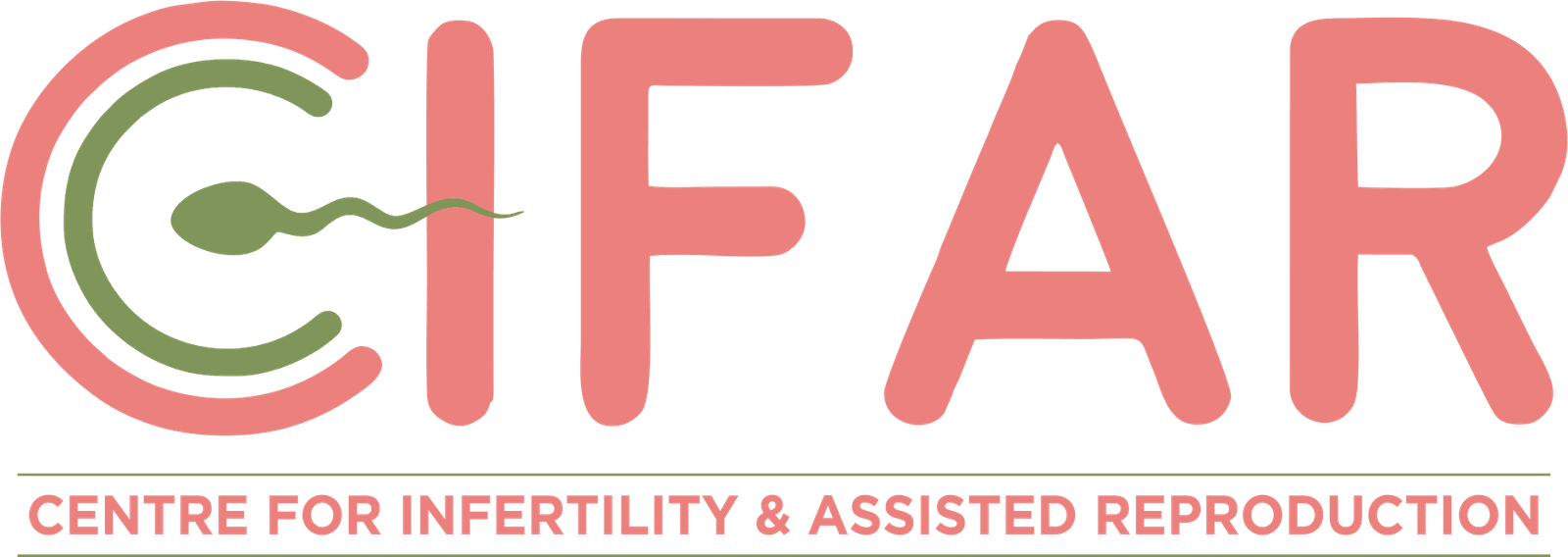A study published in the open-access journal Breast Cancer Research has found a potential link between self-reported infertility in men and an increased risk of invasive breast cancer in males.
The researchers conducted interviews with 1,998 male individuals in England and Wales who were diagnosed with breast cancer. Out of them, 112 individuals (5.6%) reported experiencing infertility, while 383 individuals (19.2%) did not have any children. Male breast cancer is a relatively rare occurrence compared to female breast cancer, and its connection to infertility has only been examined in limited research investigations so far.
A solitary investigation has indicated a potential connection between male individuals siring offspring and the occurrence of breast cancer. Researchers from The Institute of Cancer Research in London, UK, examined the possible correlation between self-reported infertility or childlessness and the likelihood of developing breast cancer in men.
Michael Jones and his team conducted interviews with a total of 1,998 males, all under the age of 80, who had been diagnosed with breast cancer in England and Wales between the years 2005 and 2017.
A control group of 1,597 unrelated males was used for comparison. In the control group, a total of eighty guys, accounting for 5.0% of the participants, reported infertility. The correlation between male infertility and the development of invasive breast cancer tumours (malignant cells that expand beyond their original location) was shown to be statistically significant. This conclusion was drawn from a study including 47 persons with breast cancer (2.6% of the total) compared to 22 controls who did not have cancer but reported infertility (1.4% of the total).
Consider these factors
Hormonal Factors that May Contribute to Breast Cancer Development in Infertile Men
- Estrogen Dominance in Men: You need to discuss with your oncologist or an oncofertility specialist how elevated oestrogen levels, possibly due to hormonal imbalances associated with infertility, can increase breast cancer risk.
- Low Testosterone: Dr. Puneet Rana Arora asserts that imbalance(too low or too high) testosterone levels contribute to the development of both infertility and breast cancer.
- Endocrine Disruption: Some specific endocrine-disrupting substances, known to disrupt hormone systems and associated with infertility, may also contribute to the occurrence of breast cancer. Dr. Puneet Rana Arora Says
Genetic and Lifestyle Risks that Elevate Breast Cancer Odds for Infertile Men
- BRCA Gene Mutations: Genetic alterations in the BRCA1 and BRCA2 genes are well recognised as significant contributors to the development of breast cancer in both females and males. Individuals carrying these genetic variants have an elevated likelihood of developing breast cancer compared to the general population.
- Obesity and Lifestyle Factors: Even alcohol consumption, and smoking can exacerbate both infertility and cancer risks.
- Environmental Toxins: The impact of environmental exposures on male fertility and cancer risk. Pollutants such as polycyclic aromatic hydrocarbons (PAHs) and industrial chemicals present in the air and water can adversely impact reproductive health. Prolonged exposure to these contaminants has been linked to diminished sperm quality and heightened susceptibility to various malignancies, such as male breast cancer.
Early Detection and Screening Recommendations for Infertile Men to Catch Breast Cancer Early
- Breast Self-Exams and Clinical Exams: You need to understand The importance of regular self-checks and professional screenings for early detection.
- Mammograms and Genetic Testing: When and why men might consider these screenings. The answer is “Your doctor may advise males at higher risk to get tests such as clinical breast exams, mammograms, or genetic testing. Men who observe any atypical alterations in their breast tissue should promptly seek advice from an oncologist. Regular consultations and communications with the doctor regarding risk factors and familial medical background may aid in determining the appropriate screening approach.” Dr Puneet Rana Says, Oncofertility Specialist in India
- Regular Checkups: Dr. Puneet advises encouraging routine health checks for men experiencing infertility.
Conclusion: Take Action to Reduce Your Breast Cancer Risk if Struggling with Infertility
- Prevention and Awareness: Steps infertile men can take to monitor their health and reduce risks.
- Monitoring Breast Health: Emphasizing the importance of being proactive in health monitoring.
How CIFAR helps couples to overcome from breast cancer and infertility problem?
CIFAR – Centre for Infertility & Assisted Reproduction supports couples dealing with both infertility and breast cancer, providing a comprehensive approach that addresses both medical and emotional aspects.
At the CIFAR – Centre for Infertility & Assisted Reproduction, couples can find a supportive and understanding environment to address their fertility concerns. The centre emphasizes creating a space where individuals can openly discuss their challenges, celebrate milestones, and gain important insights to enhance their journey toward parenthood.
Dr. Puneet Rana Arora, a renowned expert in reproductive medicine, leads the clinical guidance at CIFAR. She assists couples in exploring various fertility treatments and provides expert advice on the best approaches to achieve successful outcomes.
For those navigating the emotional and psychological aspects of infertility, CIFAR collaborates with Happiness Studio, led by Dr. Bhavna Barmi, the founder and a senior clinical psychologist. Alongside her, Nitya Khanna supports individuals and couples in managing stress, anxiety, and other emotional challenges that may arise during the fertility journey.
Their combined expertise helps clients maintain a positive outlook and mental well-being throughout the process. For more info please visit : https://www.cifarivf.com/cifar-support-groups/
This holistic approach, combining medical expertise with psychological support, aims to ensure that couples feel well-supported and equipped to handle the complexities of infertility and reproductive health.


Add Your Comment